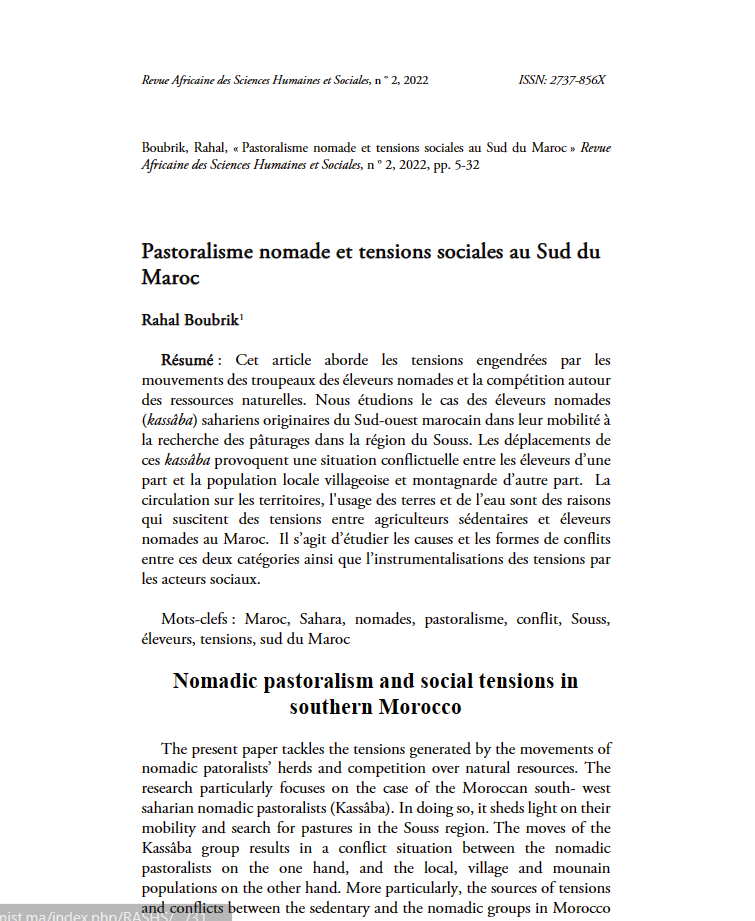Anthropogenic Land Use Change and Adoption of Climate Smart Agriculture in Sub-Saharan Africa
Compelling evidence in Sub-Saharan Africa (SSA) shows that Climate-Smart Agriculture (CSA) has a positive impact on agricultural productivity. However, the uptake of CSA remains low, which is related to anthropogenic, or human-related, decisions about CSA and agricultural land use. This paper assesses households’ decisions to allocate agricultural land to CSA technologies across space and over time. We use the state-contingent theory, mixed methods, and mixed data sources. While agricultural land is increasing, forest land is decreasing across countries in SSA.




